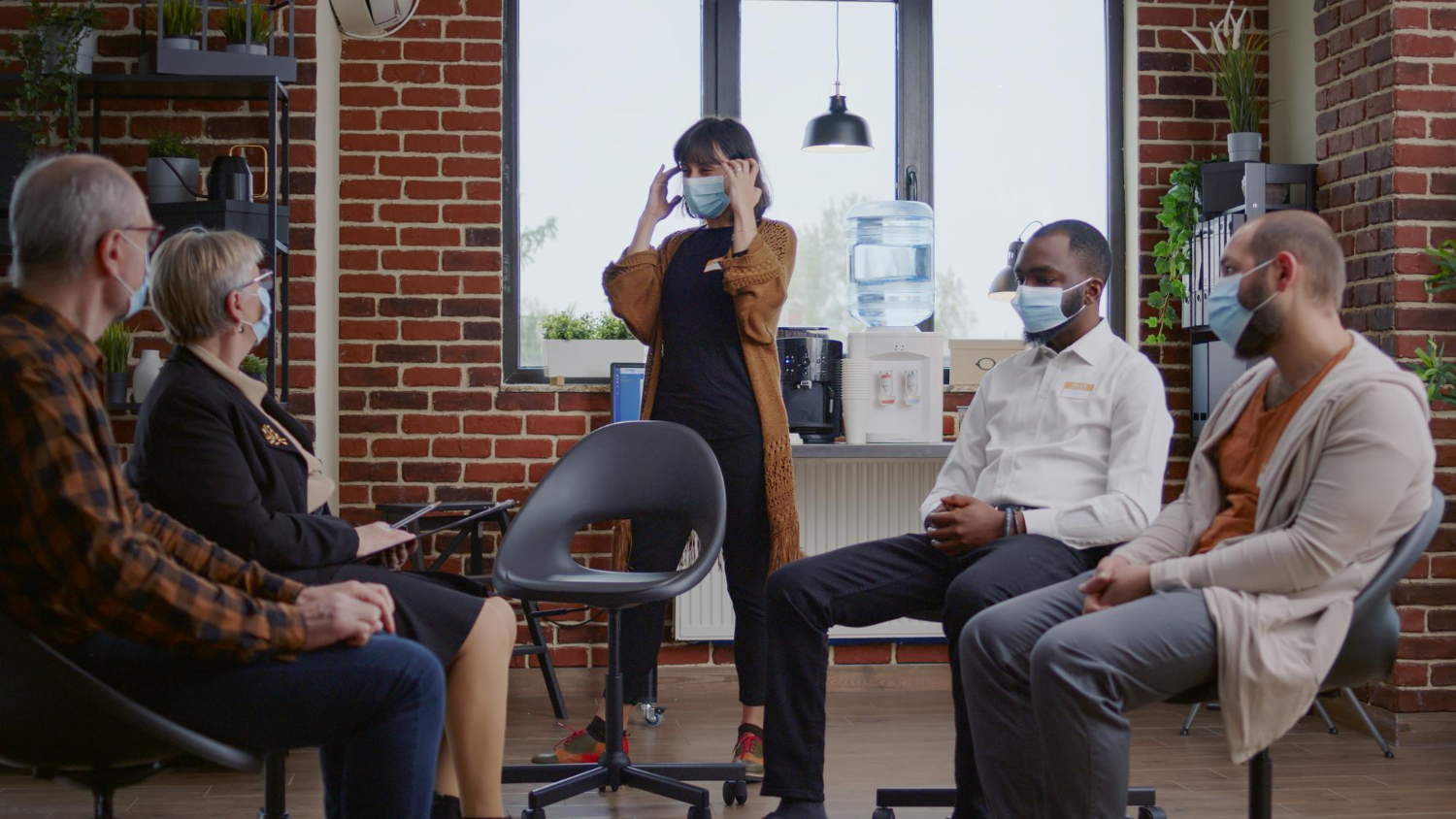Addiction is a complex and challenging condition that requires more than just willpower to overcome. It affects not just the person struggling with substance abuse but also their family and friends. Recognizing when it’s time to seek help from a rehab can be a critical step toward recovery. Professional rehab centers offer structured programs, medical support, and psychological counseling that can make a significant difference in the recovery process. Families play an essential role by recognizing the signs of addiction and encouraging their loved ones to seek help. This blog will highlight five key signs that indicate it’s time to consider rehab.
1. Noticeable Changes in Behavior
One of the first signs that your loved one may need rehab is noticeable changes in their behavior. Substance abuse can profoundly affect a person’s behavior, leading to actions and patterns that are out of character.
For instance, you may observe increased irritability, mood swings, or uncharacteristic aggression. These behavioral shifts can strain relationships and create a tense home environment. Additionally, they may become secretive or deceptive about their activities and whereabouts, often to conceal their substance use.
Furthermore, you might notice a decline in their daily functioning. Tasks that were once simple, like maintaining personal hygiene or completing household chores, may fall by the wayside. These changes are strong indicators that your loved one could benefit from the structured environment of a rehab center.
2. Neglect of Responsibilities
Another red flag is when your loved one starts to neglect their personal and familial responsibilities. Addiction can consume a person’s time and energy, making it difficult for them to manage everyday tasks.
For example, they may start missing work or school frequently, leading to disciplinary actions or poor performance. This neglect can also extend to financial responsibilities, such as failing to pay bills on time or making reckless spending decisions.
Within the family, their role may diminish. They might stop participating in family activities or ignore their duties as a parent or partner. This neglect not only impacts their life but also places a burden on other family members who have to pick up the slack. Recognizing this pattern is crucial for determining when it’s time to seek professional help.
3. Physical Signs of Addiction
Physical signs often accompany addiction and can serve as critical indicators of the need for rehabilitation. These signs may include drastic weight changes, poor physical appearance, or health issues like frequent illness. Individuals struggling with substance abuse may also exhibit bloodshot eyes, unusual body odor, or track marks from injecting drugs. These visible changes not only affect their health but can also attract concern and scrutiny from family and friends.
If you notice these physical signs, it’s crucial to act. Addiction treatment experts based in South Florida recommend a treatment approach focusing not just on the disease but also on the underlying conditions and full recovery. Rehab experts can help assess the situation and provide the necessary support. These professionals are skilled in identifying the various manifestations of addiction and can offer tailored programs that address both physical and psychological needs. Early intervention can greatly enhance the chances of a successful recovery, making it essential to recognize and respond to these alarming signs promptly.
4. Attempts to Stop Using Fail
Many individuals struggling with addiction will try to quit on their own, but these attempts are often unsuccessful. Repeated failures to stop using substances can be a strong indicator that professional help is needed.
You might hear them express a desire to quit and witness them attempt to stop, only to relapse shortly after. This cycle of trying and failing can be disheartening for both the individual and their family.
Withdrawal symptoms can be severe and hard to manage without medical supervision. Rehab centers provide a controlled environment where individuals can detox safely and receive the support they need to break the cycle of addiction.
5. Social Isolation and Relationship Strain
Substance abuse often leads to social isolation and strained relationships. The individual may withdraw from social activities and distance themselves from friends and family.
This isolation can be a coping mechanism to avoid judgment or questions about their behavior. Over time, this withdrawal can lead to a sense of loneliness and depression, further fueling their addiction.
The strain on relationships can be significant. Trust issues, constant arguments, and emotional distance can create a toxic home environment. Recognizing these social and relational impacts is crucial for identifying when it’s time to seek professional intervention.
How to Support a Loved One
Supporting a loved one through addiction can be challenging, but your support is vital in their recovery process. Start by educating yourself about addiction and its effects. This knowledge will help you understand what they are going through and how best to support them.
Open, non-judgmental communication is key. Express your concerns calmly and listen to their perspective. Encourage them to seek professional help and offer to assist in finding a suitable rehab center.
Additionally, take care of yourself. Supporting someone with an addiction can be emotionally draining, so it’s important to seek support for yourself, whether through therapy, support groups, or trusted friends and family.

Recognizing the signs of addiction is the first step toward helping your loved one on their path to recovery. Noticing changes in behavior, neglect of responsibilities, physical symptoms, failed attempts to quit, and social isolation are all indicators that it might be time to seek professional help.
Rehab centers offer the structured support necessary to overcome addiction, and as a family member, your role in encouraging and supporting your loved one is invaluable. By taking action, you can help them reclaim their life and improve the well-being of the entire family. If you suspect your loved one needs help, don’t wait—reach out to a professional today.



